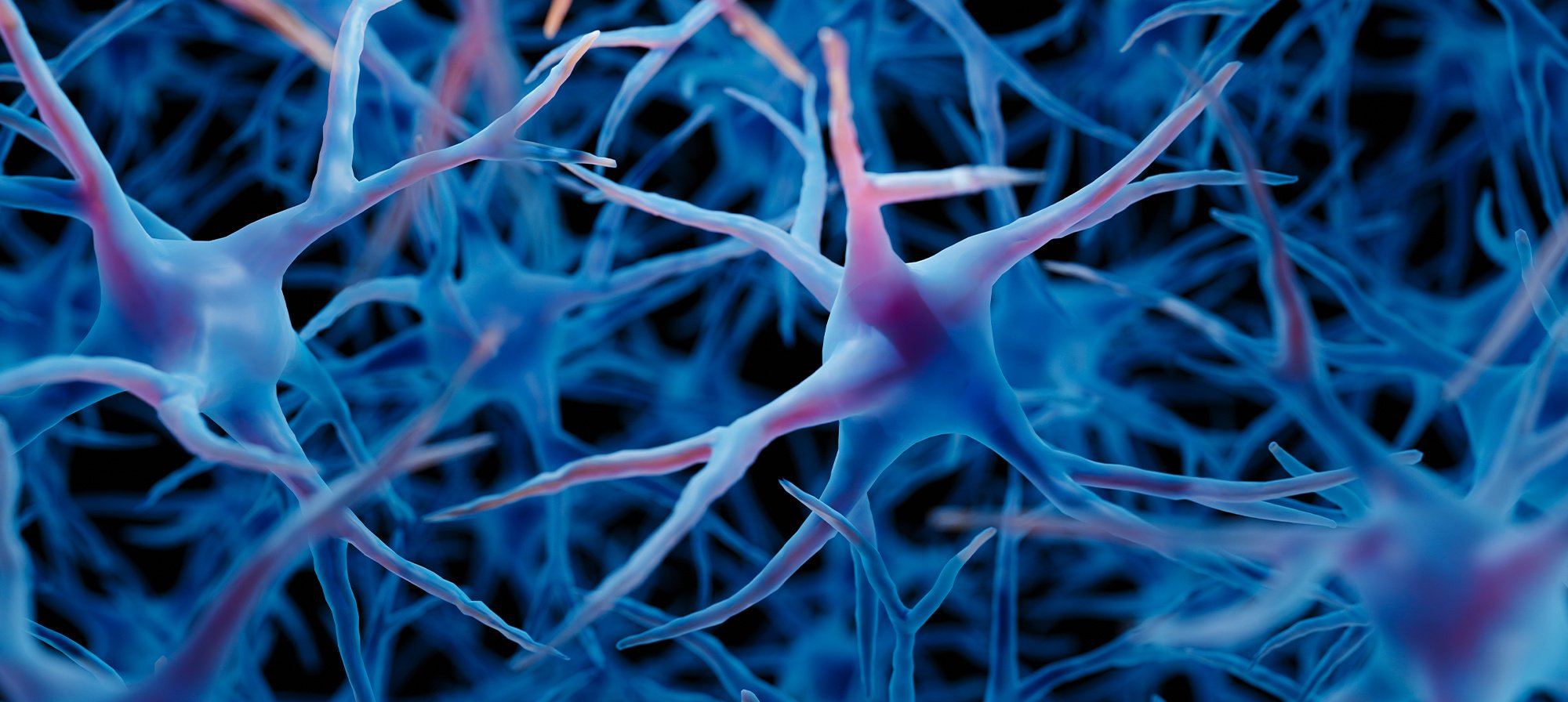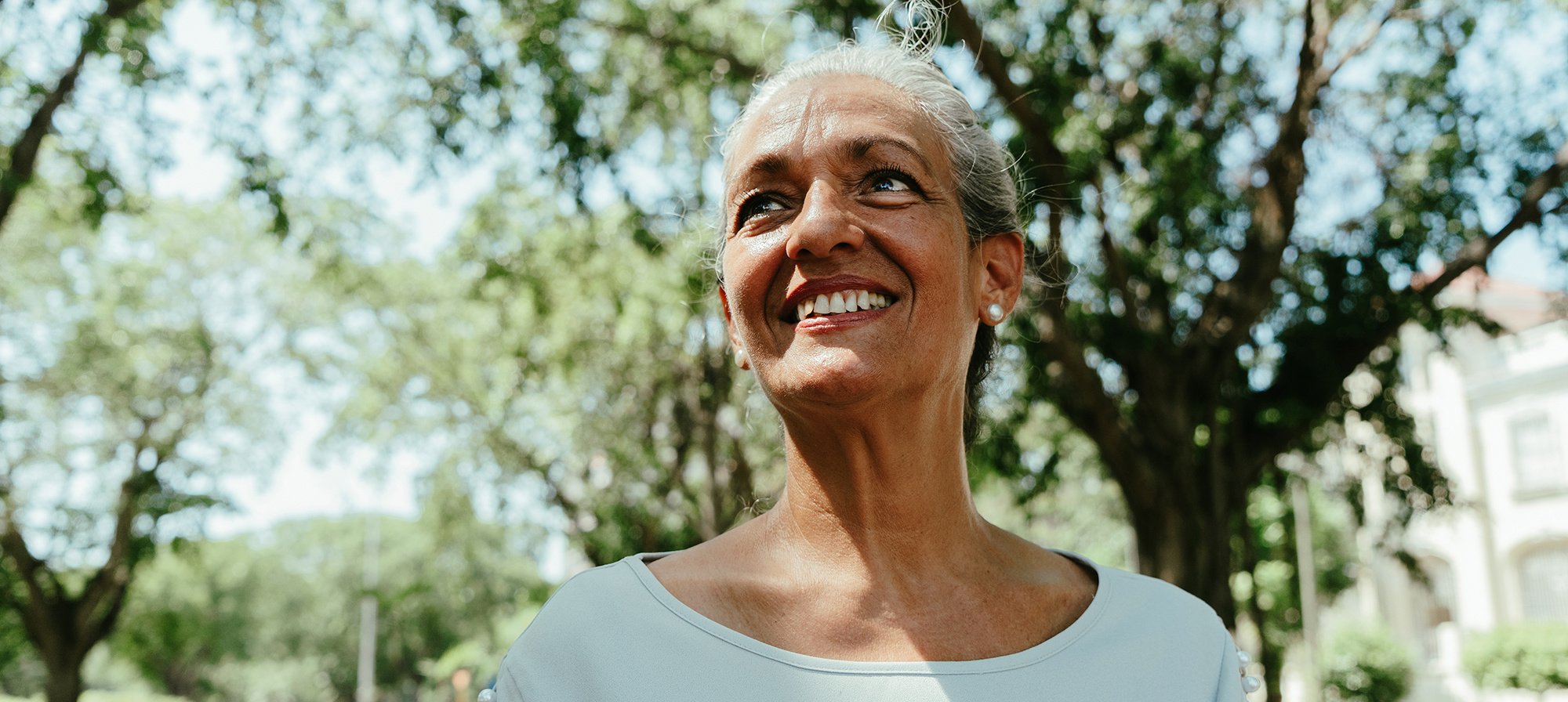Fatigue is not an inevitable side effect of aging. If your energy is flagging, learn how to pinpoint the reasons. Then take steps to revitalize!
“For a long time, I thought the gradual drop in my energy was simply due to getting older,” said Karen, a 66-year-old retired real estate agent. “You know what they say about ‘slowing down’ when you age. I bought into that idea for a long time.”
Karen also thought she’d always taken pretty good care of her health. But then she recently started looking at whether she could do more.
“I began to question my beliefs about my older age being to blame for my fatigue,” she said. “I don’t think that way anymore. During a recent health challenge, her doctor asked some key questions about her lifestyle habits. He also suggested she could make some changes to better manage the health problem. Those changes also helped boost her energy.
“It’s been a wake-up call for me,” Karen said. “My doctor thought I should take a closer look at my health habits and fine tune a few of them. Doing so helped bolster my immune system. But it also seemed to help renew my energy—an unexpected, but happy side effect.”
Karen’s experience reveals some valuable insight. While it’s true that some age-related changes inside the body may cause drops in your energy, it’s not quite that simple. That’s because there are so many possible causes of fatigue. Sometimes, a health problem is the culprit. Other times, stress and strong emotions can be the cause. And other times, a lack of sleep or poor diet are behind it.
Adopting certain habits can help renew your energy. And it may even lessen the effects of some age-related changes in the body that may make you feel tired.
So, what’s a first good step to renew your vim and vigor? To start, talk with your doctor. He or she can run tests to rule out any health problems such as diabetes, a thyroid problem, low iron in the blood, certain vitamin deficiencies, or some other health problem. Your doctor can also pinpoint any meds you’re taking that could be making you tired.

Next, think about some of the lifestyle habits that may be making you tired. How can you change them? Here are 9 habits worth looking at:
1. Get the right amount of quality sleep
Most health care experts suggest 7 to 9 hours of sound sleep each night. It’s best to focus on the quality of your sleep, ensuring your sleep is restful and you’re not struggling to maintain sleep. If you struggle to fall and stay asleep, talk with your doctor for help. Learn what sleep hygiene is and how to improve yours.
Karen found a few different ways to improve her sleep.
"Exercise helps me sleep,” she said. “On the days I work out, I always sleep better. I also try to forgo stressful conversations with friends or family members at bedtime. And I shut off my phone, ignore texts, and stop looking at any screens about an hour before I want to go to sleep.”
 2. Choose foods that give you energy
2. Choose foods that give you energy
Foods loaded with added sugar or refined carbs like white bread and pasta may give you a quick jolt of energy but lead to an equally sudden plunge. Skip these foods and junk food too. Instead, try to eat nutrient-rich whole grains, fresh fruits, and veggies.
Fats found in olive oil, nuts, and seeds are another potent source of sustained energy. And protein helps build and repair your body. These foods are also packed with vitamins and minerals. They can help give your body the energy it needs all day long.
3. Drink enough water
When you’re even a little dehydrated, you can feel weak and tired. And drinking enough water can be easy to take for granted. You can get busy throughout the day and forget to drink enough fluids. Also, as people age, it’s common for their sense of thirst to decrease, as well. But that doesn’t mean it’s OK to drink less water.
So, how much water is enough? Everyone’s fluid needs are different. They can differ depending on age, activity level, climate, size, the foods that are eaten, and certain health conditions. Ask your doctor how much water and other fluids you need each day. And read our article to learn more about dehydration factors.
4. Exercise
Working out may be the last thing you feel like doing when you’re tired. But getting active or working out can fuel your energy by helping to move nutrients and oxygen through your bloodstream to all the cells of your body.
“Even though working out sometimes makes me tired, it’s a ‘good tired,’” said Karen. “I now work out 5 days a week. So, I now sleep better, and my overall energy and mood are better. But if I start skipping workouts, those aspects of my well-being start to falter.”

5. Stay engaged with life
Sometimes boredom and isolation can make you feel tired. Hang out with upbeat, happy people who you find stimulating. Try novel activities, learn new skills, and foster your curiosity and sense of discovery. Spend time doing things that give your life meaning, purpose, and passion. All of these steps offer a great way to excite you and fuel your energy.

6. Limit alcohol and caffeine
If you are drinking coffee or soda all day, and struggling to sleep at night, cut back. Try to limit alcohol, too. If you are drinking alcohol each day and feel tired or have trouble sleeping, try cutting back. Or talk with your doctor if you need help doing so.

7. Quit smoking
Nicotine and other toxins in tobacco can disturb your sleep, stymie blood flow, and lower oxygen levels in your blood. All of that adds up to a habit that can drain your energy big time.

8. Keep stress in check
Mental fatigue and strong feelings can drain you. Stress can boost levels of cortisol and adrenaline in your body, which can add to fatigue. Stress, if not handled, can also lead to emotional exhaustion. Depression or anxiety can wear you out, too, if you don't treat them.
Karen found a helpful way to help soothe her stress.
“One tool I use is to gently repeat a calming mantra to myself. It helps shift my focus away from outside stress and distractions—so they don’t get to me,” Karen explained. “And it helps to renew my energy, too.”

9. Shorten your to-do list
Try not to overload your to-do list with too many tasks either at work or home. Too much overtime, coupled with too many personal tasks and social events, can lead to burnout. Also, spread out activities each day. Take breaks for healthy meals. Carve out time to relax. This balance may help keep you going and help you maintain your energy.

You can reclaim your energy, too
Keep in mind that, like Karen, you can pinpoint the causes of your fatigue. And you can put solutions in place to overcome them.
“It’s been a journey of discovery learning to pay closer mind to my eating, sleeping, and exercise habits. I’ve been able to amend them. And that has noticeably improved my energy levels,” Karen said. “And I no longer fall into that mental trap of blaming my age for how tired I feel. That’s a very empowering feeling.”
Not a Silver&Fit® member? Learn more about everything the program has to offer, including more helpful healthy living tips like this, here on our website.
This information is not intended to take the place of regular medical care or advice. Please check with your doctor before using this information or beginning any self-care program. Images used for this article do not depict Karen nor any members of the Silver&Fit Program.
References
Allison, K. C. (2011, July 6). Fight fatigue by finding the cause. Harvard Health Publishing. https://www.health.harvard.edu/blog/fight-fatigue-by-finding-the-cause-201107062952
Centers for Disease Control and Prevention. (2020). Smoking & tobacco use. Retrieved from https://www.cdc.gov/tobacco/
Centers for Disease Control and Prevention. (n.d.) Improve Sleep: Tips to Improve Your Sleep When Times Are Tough. https://blogs.cdc.gov/niosh-science-blog/2020/06/29/sleep-hwd/
Frangeskou, M., Lopez-Valcarceli, B., Serra-Jajem, L. (2015). Dehydration in the elderly: A review focused on economic burden. Journal of Nutrition, Health, and Aging, 19(6), 619-27. doi:10.1007/s12603-015-0491-2
Furlanetto, K. C., Manaoani, L. C., Bisca, G., Morita, A. A., Zabatiero, J., Procenca, M., Kovelis, D., & Pitta, F. (2014, April). Reduction of physical activity in daily life and its determinants in smokers without airflow obstruction. Respirology, 19(3), 369-375. doi:10.1111/resp.12236
Gidus, T. (2017). Eating to boost energy. Retrieved from https://www.eatright.org/food/nutrition/healthy-eating/eating-to-boost-energy
Harvard Health Publishing. (2020, August 30). 9 tips to boost your energy naturally. https://www.health.harvard.edu/energy-and-fatigue/9-tips-to-boost-your-energy-naturally
Mayo Clinic. (2020, July 30). Emotional exhaustion during times of unrest. https://www.mayoclinichealthsystem.org/hometown-health/speaking-of-health/emotional-exhaustion-during-times-of-unrest
Medline Plus. (2021, July 2). Fatigue. https://medlineplus.gov/ency/article/003088.htm
National Institute on Aging. (2019, July 22) Fatigue in older adults. https://www.nia.nih.gov/health/fatigue-older-adults
This article was written by Gail Olson, edited by Candace Hodges, and clinically reviewed by Jossue Ortiz, DC.





